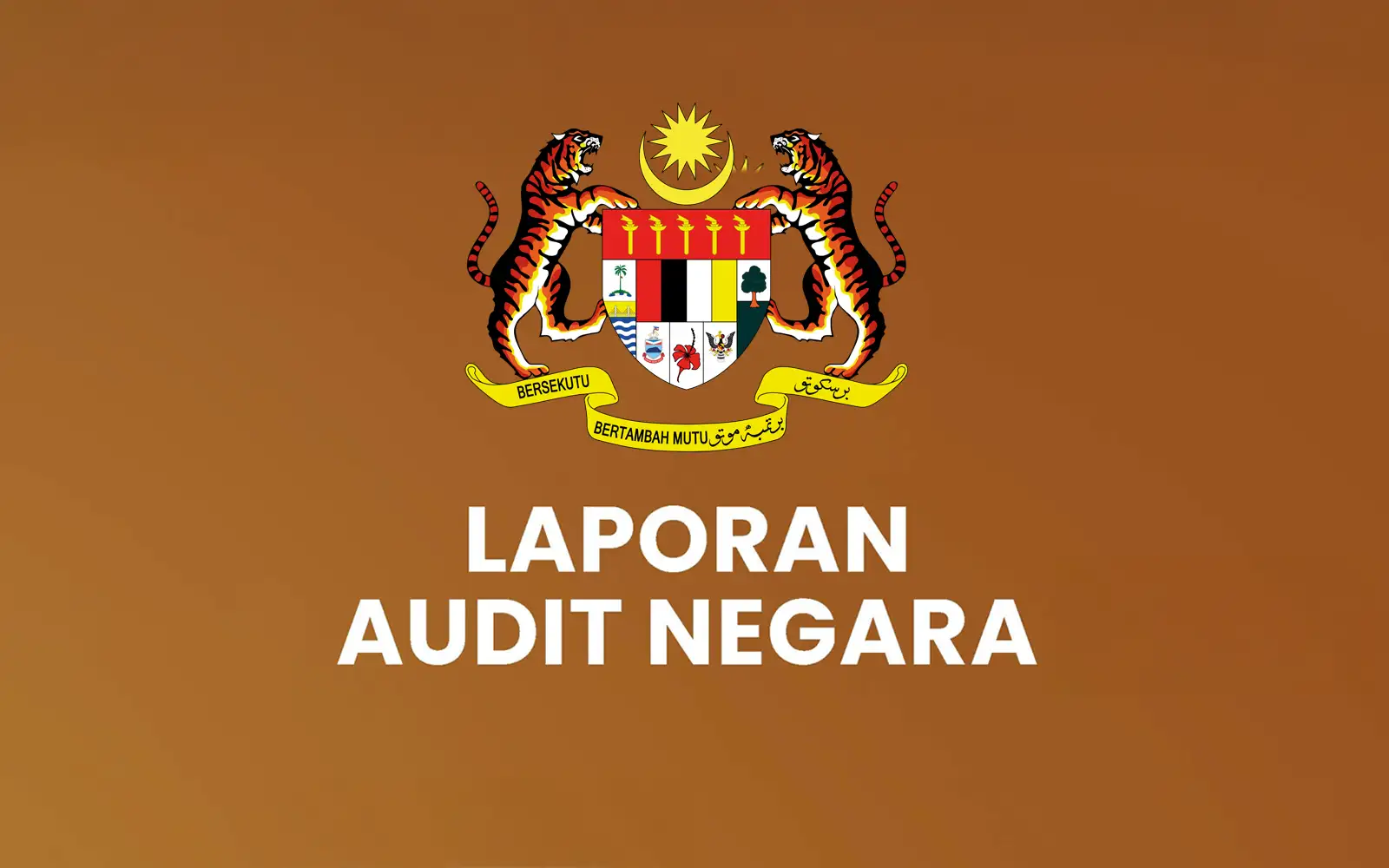
Two independent reform advocates have renewed calls for a legally binding government procurement law, saying it is essential to strengthen transparency, accountability and governance in public spending.
In separate statements to FMT, the Center to Combat Corruption and Cronyism (C4) and G25, a group of retired senior civil servants, said the current framework — based largely on non-binding Treasury circulars — lacks the legal force needed to curb abuse and wastage.
C4 CEO Pushpan Murugiah said the proposed government procurement law should mandate minimum disclosure standards for tenders, project details and eligibility criteria.
“This is to ensure that such contracts entered into are never fully obscured from public scrutiny,” he told FMT.

He said the law must also include accountability mechanisms at every stage of a project’s lifecycle to ensure that public funds are used effectively.
Pushpan also said such a law would allow legal action to be taken against ministries or agencies that fail to comply with procurement rules.
He added that while deterrence is important, punitive measures like imprisonment should not be applied indiscriminately without addressing root causes such as coercion or systemic pressures faced by officers.
The 2025 Auditor-General’s Report Series 2 released on Monday found serious problems in how over RM460 million of public money was spent on land deals, university tenders, and defence contracts between 2020 and 2024.
G25 said the repeated issues raised by the latest report reflected systemic governance failures, including poor planning and disregard for financial procedures.
“The proposed law should regulate direct negotiations, unify procurement processes across ministries and statutory bodies, and follow international best practices such as the United Nations Commission on International Trade Law,” the group said.
The group also called for stronger enforcement of the Financial Procedure Act 1957 and Treasury Instructions, and urged mandatory training for public servants in procurement and financial governance.
It stressed that civil servants must never carry out instructions that violate the law, even if directed by superiors.
It also called for deterrent reforms, including criminal liability for senior officials, whistleblower protection, and full autonomy for oversight agencies such as the Malaysian Anti-Corruption Commission and the auditor-general’s office.
G25 urged the declassification of government contracts currently protected under the Official Secrets Act 1972, saying public access would help reduce corruption, cronyism, and unnecessary spending.
A government procurement bill is expected to be tabled in Parliament this year.






